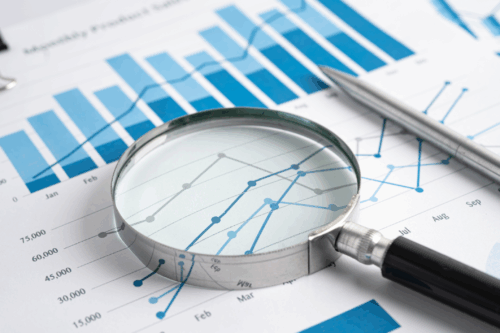The use of artificial intelligence (AI) technologies in the healthcare sector is experiencing unprecedented growth. AI in healthcare is now an integral part of modern medicine, helping with diagnosis and medical decision-making, precision medicine and personalised treatments, forecasting epidemics and assisting surgical procedures.
However, despite the promise of AI in the medical field, these innovations are also a source of risk for users. Artificial intelligence algorithms have sometimes been shown to lead to discrimination and unequal treatments because of the biases they contain. Artificial intelligence, because it requires large quantities of data for its development and usage, also poses a risk to the protection of personal data and privacy.
In this context, where the opportunities and risks of AI in healthcare are intertwined, what role can the legislator play in protecting individuals and promoting innovative medical tools, while ensuring that they contribute to high-quality care and truly benefit everyone? What regulatory tools are already in place or currently under discussion?
As the subject gains momentum in the news and to mark the 2023 Digital Health Week, Global Health Advocates releases this blog series featuring three experts in AI in healthcare to try and address such questions.
- Pr. Jean-Emmanuel Bibault, Professor of Oncology and Radiotherapy and Researcher in Artificial Intelligence at the Hopital européen Georges Pompidou (AP-HP).
- Cécile Crichton, PhD student at the University Paris Cité and Lecturer for the Master’s Degree in Artificial Intelligence Law at the Institut Catholique de Paris.
- Hannah van Kolfschooten, Researcher and Lecturer in European Health Law at the University of Amsterdam and Consultant on AI Regulation in Health for Health Action International.









